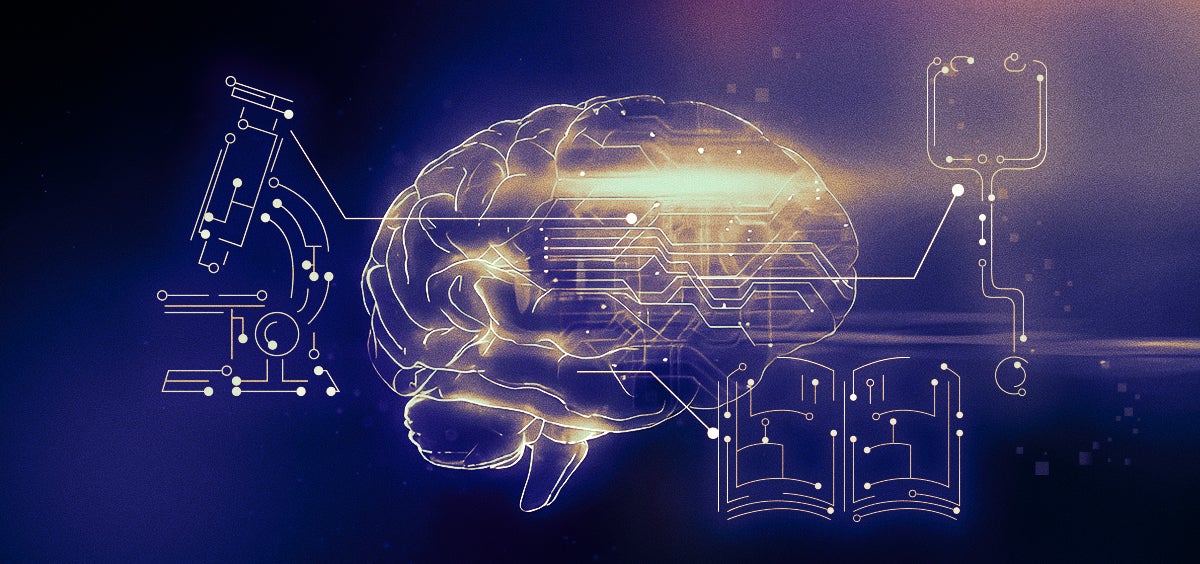Digital Revolution: How Books Have Become More Accessible than Ever

The digital revolution has changed the way we access information, drastically altering the relationship between readers and authors. Books have become more accessible than ever before, as people can now read their favorite titles via a variety of digital platforms.
The process of purchasing books is also faster and easier than it used to be with online bookstores offering an instantaneous solution for accessing great literature. This new way of reading has many advantages but also some drawbacks that must be considered to appreciate its full potential.
In this article, we will explore how the digital revolution has impacted books and discuss how readers can make the most out of this convenient technology.
The Rise of Digital Books

Source: www.thefamilyheart.com
The digital age has revolutionized the way we access books. With the rise of e-readers and digital libraries, it is now easier than ever to find and read your favorite titles from anywhere in the world. The increased availability of books online has opened up a new realm of possibilities for readers everywhere, giving them more choice and flexibility when it comes to accessing literature.
Digital books are becoming increasingly popular as they allow readers to store entire libraries on their devices without weighing down their carry-on bags or taking up precious shelf space at home. Additionally, many publishers offer discounts on digital versions of certain titles that can be particularly beneficial for avid bookworms looking to save money while building their collections.
Moreover, with features such as adjustable font sizes and night mode settings available on most e-readers nowadays, reading digitally can also be a much more comfortable experience than using traditional print editions. In short, the rise of digital books represents an exciting shift in how we access literature – one that promises convenience without sacrificing quality in any way.
The Impact of the Digital Revolution on Reading Habits

Source: theconversation.com
The digital revolution has had a profound impact on the way people read and access books. With the advent of technology, more people than ever before can take advantage of reading materials that were once only available in physical libraries or bookstores. Online retailers such as Amazon have made it easier for readers to find exactly what they’re looking for, while e-books offer a convenient alternative to traditional print options.
In addition, social media platforms such as Goodreads provide users with an opportunity to share reviews and recommendations with other readers. As a result of these changes, reading habits have shifted dramatically over the past decade: not only is there greater variety in what can be accessed but also how it can be consumed – from streaming audiobooks on Spotify to reading comics online through applications like ComiXology.
This shift has opened up new possibilities for authors and publishers alike; however, it has also posed challenges when it comes to ensuring content remains engaging across different formats and devices. Despite this challenge though, digital technology continues to make literature more accessible than ever before – allowing readers around the world unprecedented access to books regardless of their location or budget constraints.
Benefits of Digitizing Books for Readers

Source: www.gatesnotes.com
The digital revolution has ushered in a new era of access to books, making them more accessible than ever before. Digitizing books provide several benefits for readers that make accessing and engaging with literature simpler and more enjoyable.
One key benefit is convenience. Readers can now have instant access to their favorite books from anywhere with an internet connection, eliminating the need for physical libraries or bookstores.
Additionally, digital copies are much lighter and easier to carry around than traditional paper-bound volumes – no longer must readers lug heavy bags full of hardcovers! Another benefit is cost savings – electronic versions of popular titles often come at lower prices than physical copies, so readers can get their hands on the same content without breaking the bank.
Furthermore, reading digitally eliminates additional costs such as shipping fees when ordering online or parking expenses associated with visiting brick-and-mortar stores.
Finally, digitizing books also makes exploring foreign languages much less intimidating by allowing users to quickly look up unfamiliar words using dictionaries within the text itself; some platforms even offer audio pronunciations of difficult terms too! In this way, aspiring polyglots now have a wealth of resources available right at their fingertips which they can use to expand their language-learning journey without leaving home.
In sum: thanks to modern technology, reading has become an increasingly accessible activity that offers numerous advantages over traditional methods – from saving time and money to providing unique opportunities for vocabulary acquisition and exploration.
Conclusion

Source: kitaboo.com
The digital revolution has opened up a world of opportunities for readers, making books more accessible than ever before. Thanks to the emergence of digital libraries, readers can now access thousands of titles from any device with an internet connection.
With no need for physical space or additional resources, these online spaces have changed the way we discover and consume reading material. No longer confined to dusty shelves in brick-and-mortar stores, books are just a few clicks away from anyone interested in expanding their knowledge and perspective.
The digital revolution has truly transformed our relationship with literature by bringing books into our homes and lives faster than ever before.





